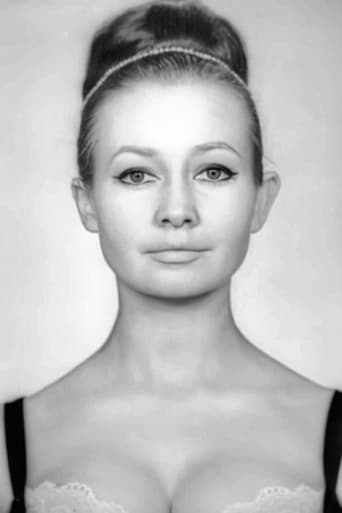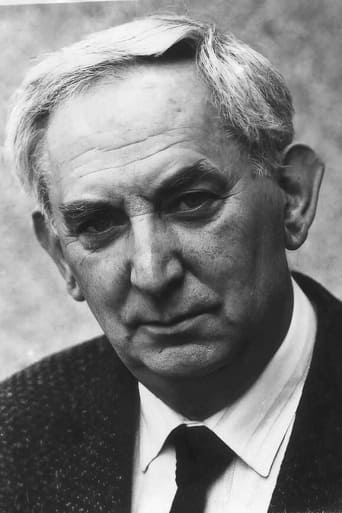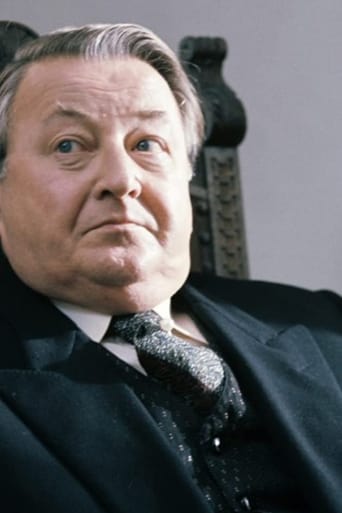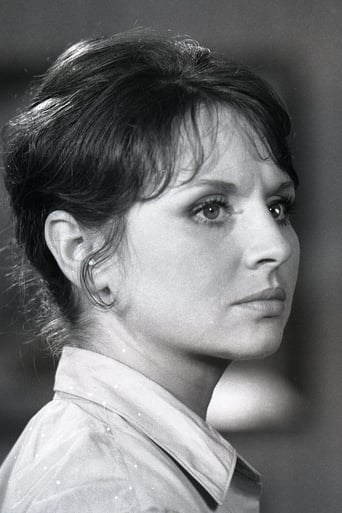FilmFlaneur
Influenced perhaps by such works as The Canterbury Tales, Don Quixote, and The Arabian Nights, 'The Manuscript Found In Saragossa' is seen as one of the monuments of 19th century European literary culture. In recent years arguably it has influenced such writers as John Barth and Robert Irwin (The Arabian Nightmare for instance). A baroque work, full of stories, of stories within stories, and again stories within stories within stories, featuring gypsies, Moors, scientists, occultists, lesbian princesses, the spirits of hanged men, the Wandering Jew and etc, with characters interchanging and reappearing in different guises, Potocki's book was never going to be an easy translation to screen.The task was taken up in 1965 by director Wojciech Has and writer Tadeusz Kwiatkowski, and the results in his original cut ran to over three hours. Seen today, and belatedly issued in the UK, The Saragossa Manuscript is a remarkable discovery, one that any serious cinephile should experience at least once.The story concerns one Alphonse von Worden (Zbigniew Cybulski - an actor more familiar to some perhaps from Wadja's films like Ashes And Diamonds) and his attempts to travel through the Sierra Morena to Madrid in the 18th century: a milieu redolent, at first, of the dashing bawdry of Tom Jones but which soon blazes a complex metaphysical path of its own. His story is found by a Belgian officer in the embattled Spanish town of Saragossa, in the form of a manuscript with alluring pictures, left in an abandoned house. Von Worden, it turns out was this discoverer's grandfather, it's his thwarted attempts at making progress, and the confusing diversions which interrupt the way, as well as their final effects upon him, that make up the protracted story which follows.The Saragossa Manuscript falls into to two parts, set over five days, both of which include von Worden (the second half less so) who is frequently just as disorientated as the viewer as the narrative unfolds. The first part centres largely around a haunted inn, where von Worden is seduced by a pair of alluring Moorish princesses, confronted by the demonic ghosts of hanged men, lectured by a hermit and his Igor-like assistant, captured outside by the Inquisition and so on... usually incidents concluding with our unlucky hero disappointed, left to awake next morning chastened but still unlearned at the foot of the gallows.One of the most interesting things about the film is that, although days are shown passing in regular fashion, von Worden's experiences blur and conflate time into one disorientating experience, so that the passing of hours eventually has no meaning. Instead the audience is confronted with a circular narrative and narratives therein, unfolding like a series of repeatedly opened Russian dolls. How transient life and ambition can be we realise; and how little we really understand about the world we are in, ultimately presented here as a mirror of deception, rather than a veil of truth.Action in the slightly longer part two settles down a suspiciously cabalistic manor and a vaguely Faustian sanctum, which shortly accommodates story telling gypsies, perhaps those after all to whom the incompetent Inquisition seen earlier ought be better directed. The events told here are more related to love and honour than before, being largely recollections of events in Madrid, but which reach new convolutions as each new character in a yarn has a further account to add to the already swelling narrative flow. Clearly to be seen in the light of the themes of sic transit gloria of the first part, the semi-farcical love trysts of part two seem less weighty and morally significant, although by the end of the film its clear that the effects upon the individual of a final connectiveness cannot be avoided.As suggested above, The Saragossa Manuscript suggests a lot and at length about what's real and which is a dream, and then of taking life as a necessary mixture of both. The transience of human concerns, and an ultimate, underlying interconnnectedness calls into account the foundations of human reason. Whether or not such topics are given justice, even in the full three hours of screen time, and in a narrative some have seen as more confusing than deeply profound is another matter. As some critics have noticed, there's a sardonic air to Has' movie which detracts from the seriousness of it all, and which allows the film's creators a detachment from their subject matter.Such a wholly modern interjection of tone is distinct from the original. Cybulski's hero is a man who rarely, if ever, learns the lessons he is so grievously taught, even while they are repeated to him in different ways. This while the semi-farcical, if complicated, love interests of the second part generally reflect a bawdy ignorance of greater matters, rather than insisting upon their inevitable presence. (Interestingly, having said that, this adaptation actually finishes on a darker note than the novel, where von Worden is rewarded at the end, presumably having been successfully initiated into life's mysteries).But one can see why the film continues to attract admirers; shot in widescreen black and white, frequently making use of a memorably stone-broken, skull-littered, undulating landscape (the uncertain geographies of which echo the manifest internal confusions of von Worden) with bleached bone-coloured rocks, claustrophobic inns and the litter of the charnel house, the first half in particular is especially striking. The director also favours slow tracking movements through his cluttered landscapes. Perhaps these suggest the journey of an objective observer, who eventually hopes to cut through complexity to a revelation, just as the camera crawls through visual confusion to find its final, explicable, subject.
gengar843
I am a lover of spooky movies. Let me say, without intellectual mumbo-jumbo, that the scenes involving the succubus sisters with Alfredo are absolutely terrific, with the most incredible mood, surreal atmosphere, and gorgeous women.However (yes, there is a 'however'... or two)... the film doesn't take this to its logical conclusion. While some may find the incessant flashback-into-present origami/napkin-folding storyline to be exhilarating, I found it to be tedious. Blame it on my film-watching habits, if you like... when a movie is interesting, and I begin to get involved and engrossed, I'm not inclined to being ripped out of the hypnotic state I'm in. If you want to say that the director meant it this way, or that "it follows the book," that still doesn't excuse setting the table and then not serving dinner.I *did* watch the entire 3-hour director's cut, and I *did* understand every aspect of the film, all of the subplots, and the tie-em-up finale. I "get" the black-and-white significance, and even "dug" the Polish actors as caballeros. But it just didn't move me.Particularly annoying was the subplot concerning Suarez and Moro. Call me lowbrow, but the slapstick antics of that segment did not cause me to chuckle, but to bristle.Perhaps my biggest disappointment came after I had already accepted that the film would drag, but promised myself that some life-altering messages might be thrust my way. Alas for me, none did. No humanist credo, no foibles to examine. Just a few vague moments of spine-tingling thrills, and some very pretty females. Not enough to warrant 180 minutes.So, get your index finger ready to give me a low score, because I don't recommend this as a chiller, nor a comedy, nor even an "event," but only for aficionados of puzzling foreign films.





